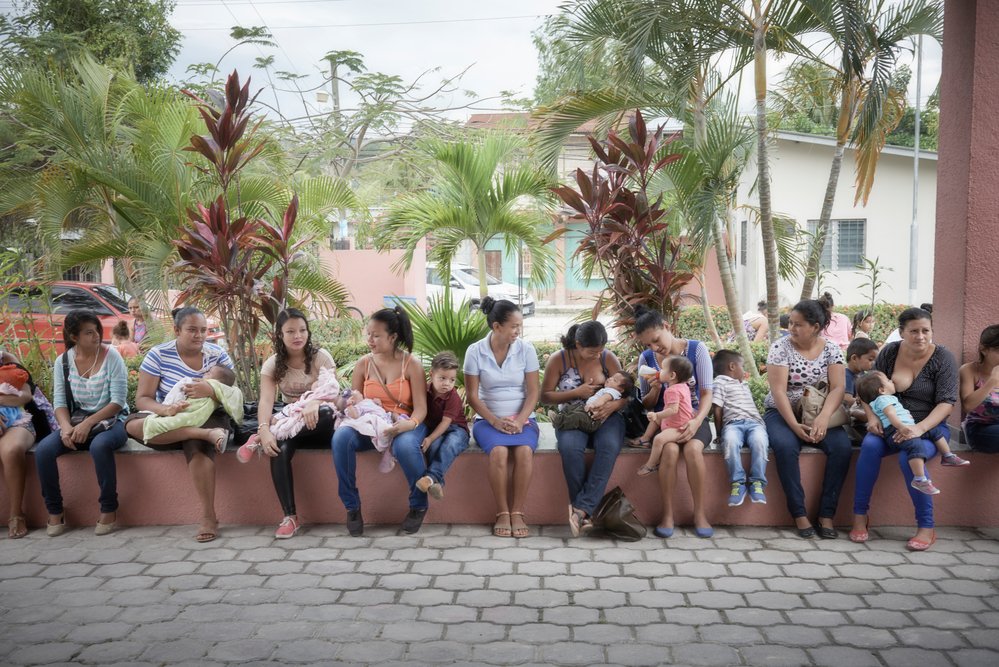In Tegucigalpa, MSF is preparing an intervention for severe COVID-19 patients to help prevent overcrowding in the city’s hospitals. Our health centre on the outskirts is still functioning and is now prepared to detect COVID-19 cases. Meanwhile, the dedicated hotline for mental health and sexual violence care has recorded an increase in consultations.
In Choloma, MSF’s sexual and reproductive health project is still running. The only maternal clinic in the city, it receives all the patients referred for deliveries and prenatal care consultations. The project also donated an ambulance to transport COVID-19 patients to the government’s isolation centres.

